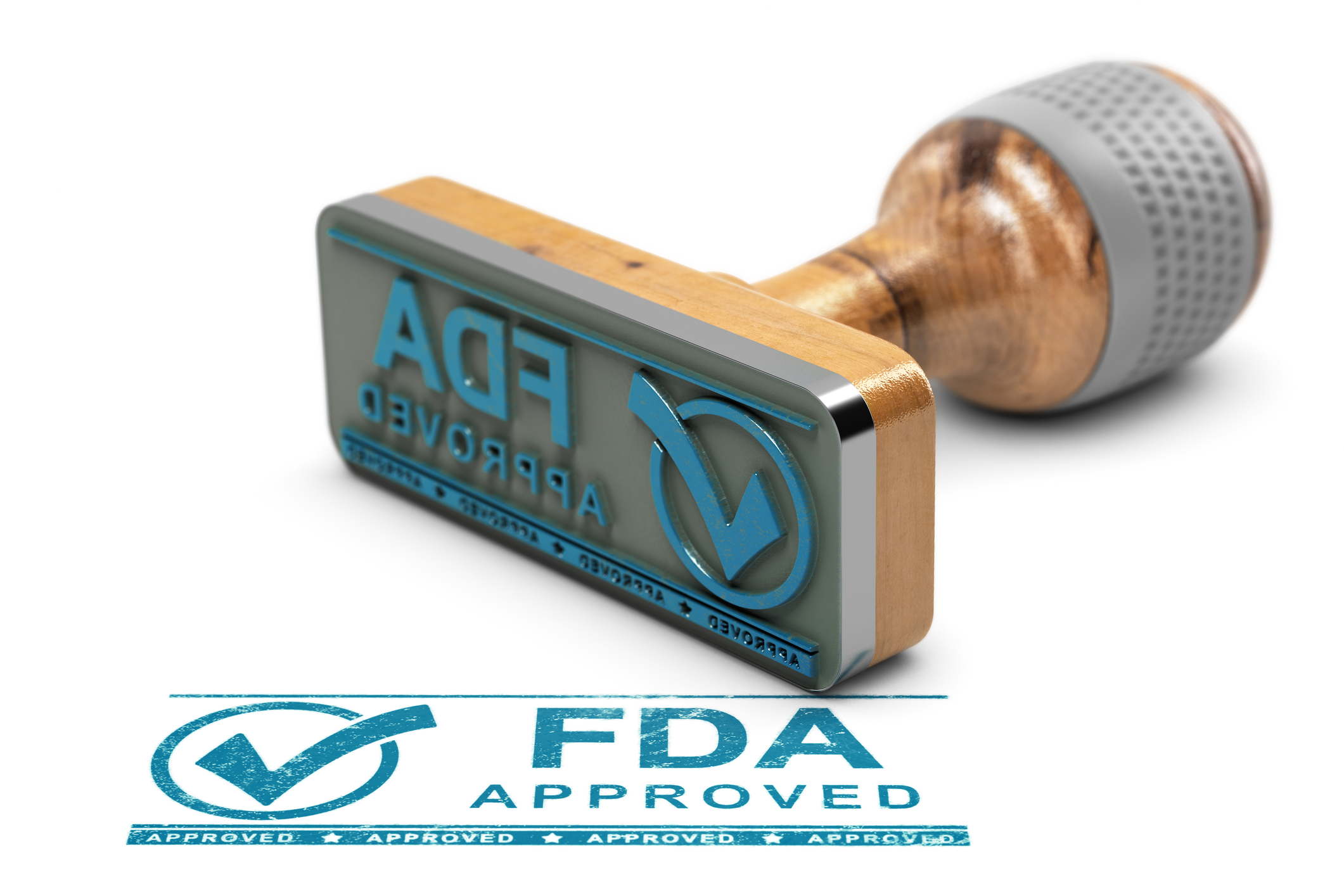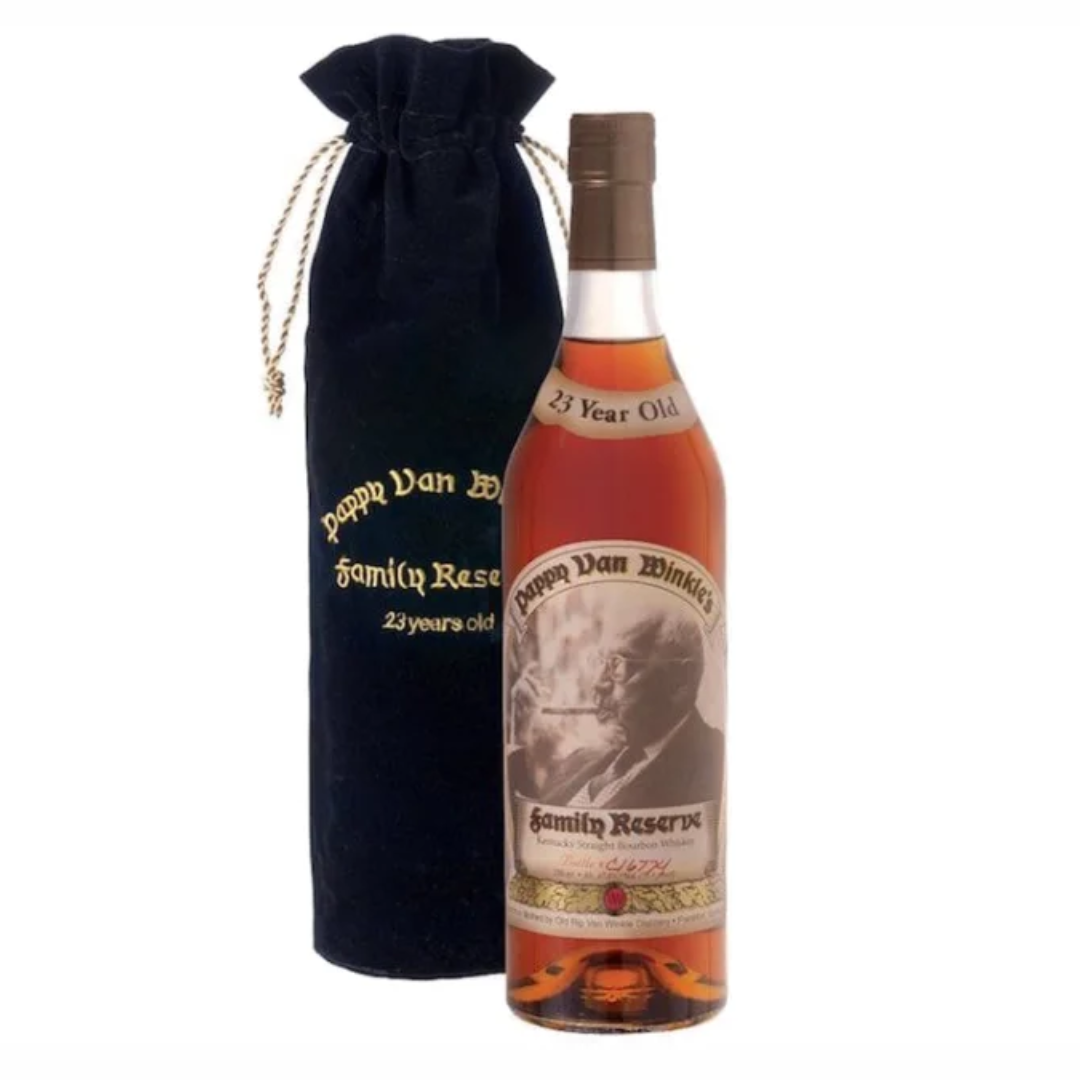How to Prepare Your Brewery for an FDA Inspection

On October 12, 2018, I spoke at The Brewers of Pennsylvania 4th Annual Mid Atlantic Brewers’ Symposium about inspections of breweries by the United States Food and Drug Administration (“FDA”). These inspections are still relatively new to breweries, but it is imperative that every brewery is prepared and compliant for the inevitable day the FDA comes to visit. This very in-depth topic cannot be handled in a single blog post, so this post will be very general, but I encourage you to reach out with questions about compliance, or if you have had an inspection at your brewery that led to a citation.
Initially, every brewery is required to register with the FDA, except for very limited situations such as when the brewery’s sales direct-to-consumer are 51% or more of the brewery’s total sales of its own products. If you are not required to register, you will not be subject to FDA inspections. However, it is still good practice to follow the practices and procedures discussed in this post. Registrations must be updated biennially in even numbered years.
It should be noted that FDA inspections are no joke. The Investigation and Operations Manual, which tells FDA agents how to conduct investigations, what to look for, where their authority comes from, and which forms to use, is 526 pages long. Any brewery that sells its beer to the public should know about of this manual, as any part of it might be used to issue the brewery a citation in an unannounced inspection. Breweries not only have to comply with the expectations in this manual, but also have to meet the standard of the FDA’s current Good Manufacturing Practices for food facilities. Ignorance is no excuse, because the Brewers Association has compiled checklists for breweries to use in order to maintain compliance with FDA regulations and Good Manufacturing Practices.
The penalties for failing an inspection fall within a wide range, depending on the severity of the infraction. The FDA can simply issue a letter asking you to make corrections, force you to destroy your product, partially or completely shut down your business, and in certain circumstances, seek criminal prosecution and fines. It is important to correct any issues immediately, as a follow-up FDA inspection is very possible, and the penalties will be much more severe if corrections have not been made.
While breweries may think they are following the best practices in the industry, many times breweries have been issued citations for policies and procedures that they didn’t even know were non-compliant. For example, companies have been cited by the FDA for their employees failing to wear hairnets over their beards, having insufficient lighting in bathrooms, and leaving bags of hops and grain exposed to the air. One quick look on social media shows breweries all over the country posting pictures of beards without hairnets and open bags of grain and hops exposed to the air. Not that the FDA is perusing social media to find its next target, but it can certainly be an invitation for a visit when non-compliance with FDA regulations is obvious.
Additionally, if the TTB picks up a brewery’s product in the marketplace and determines that product to be “adulterated,” posing a health risk to consumers or including an ingredient that is poisonous or unapproved by the FDA, the TTB can order an inspection by the FDA of the brewery’s facility and immediate recall of those products. Obviously, an immediate recall would be troublesome, especially small craft breweries, but the threat of an FDA inspection should be equally worrisome, because it is not a quick process and will keep you from running your business.
Some of what the FDA expects is common sense and should be implemented by every business serving consumers. Procedures such as employees washing their hands before handling ingredients, cleaning equipment, and controlling pests are all items on the list. However, many expectations are more obscure, such as proper grain fumigation techniques and frequent testing of the brewery’s water supply to ensure it is free of chemical contaminants.
Brewers must comply with the FDA requirements, including registration with the FDA if the brewery does not fall into the limited exceptions, or risk facing costly corrections, fines, or worse. If you need advice on preparing for unannounced inspections or developing practices and procedures for your brewery to maintain compliance, or if you are facing a citation for being in violation, we are here to help.
Although this post specifically references breweries, it should be noted that wineries and distilleries, along with all other producers of alcoholic beverages, are subject to these FDA requirements.
For information regarding national and state liquor law matters or general manufacturing and distribution advice, please contact our Liquor Law, Licensing, Manufacturing, and Distribution Practice Group: Liquor Law Department Chair Theodore J. Zeller III, Esquire (tzeller@norris-law.com); David C. Berger, Esquire (dberger@norris-law.com) for Pennsylvania and New Jersey retail and manufacturing licensing; or contact our offices at 610-391-1800.




